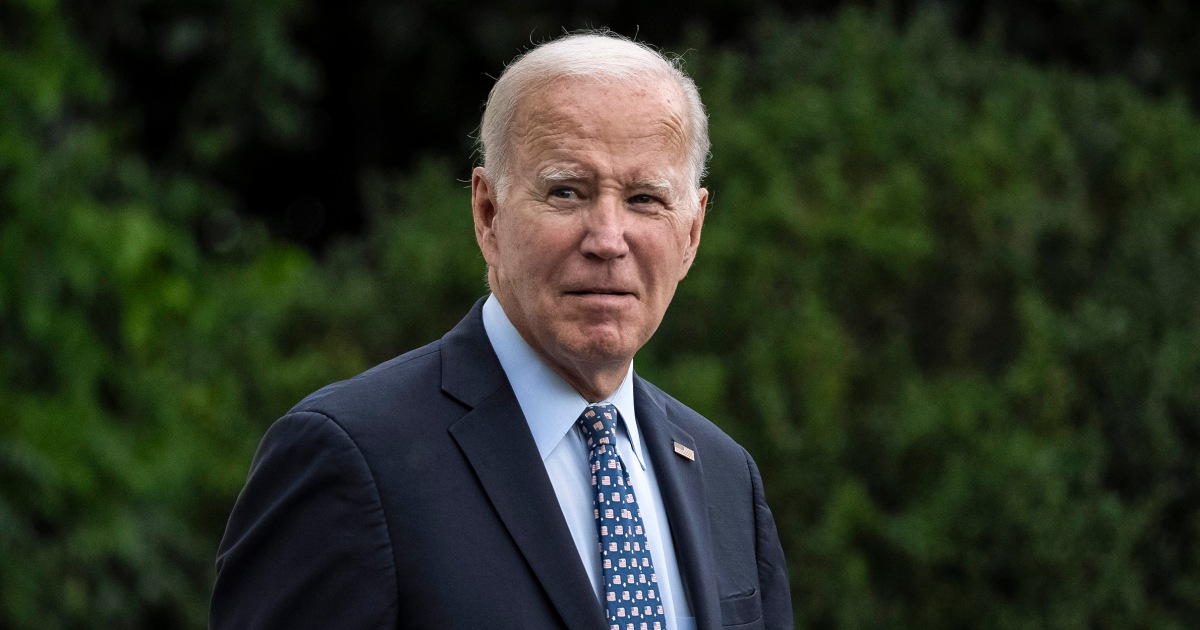The Supreme Court on Friday blocked in full a lower court ruling that would have curbed the Biden administration’s ability to communicate with social media companies about contentious content on such issues as Covid-19.
The decision in a short unsigned order puts on hold a Louisiana-based judge’s ruling in July that specific agencies and officials should be barred from meeting with companies to discuss whether certain content should be stifled.
The Supreme Court also agreed to immediately take up the government’s appeal, meaning it will hear arguments and issue a ruling on the merits in its current term, which runs until the end of June.
Three conservative justices noted that they would have denied the application: Samuel Alito, Clarence Thomas and Neil Gorsuch.



TLDR for why the conservative justices have their opinion: they state they can’t understand why broad undefined rules would inhibit free speech.
It’s generally understood that if rules are broad and undefined, then speakers will prefer to self censors proactively, thus limiting speech.
I think you have it backwards. They want to stop the administration from pressuring social media to self censor, i.e. prevent the administration from inhibiting free speech.
Nope, I’m pretty sure I’m reading their opinion right
The injunction prevented specific government agencies from coercing or otherwise threatening to punish social media companies who didn’t remove posts. That’s neither broad nor undefined.